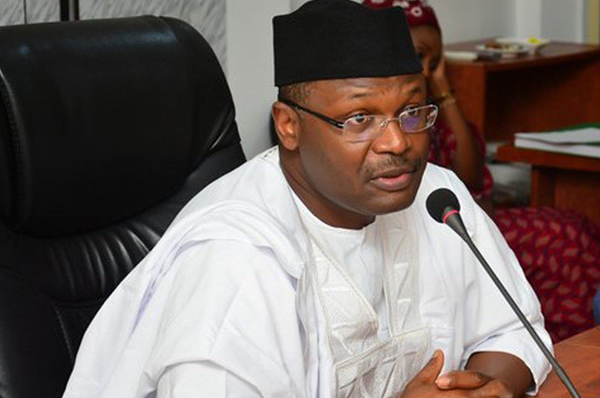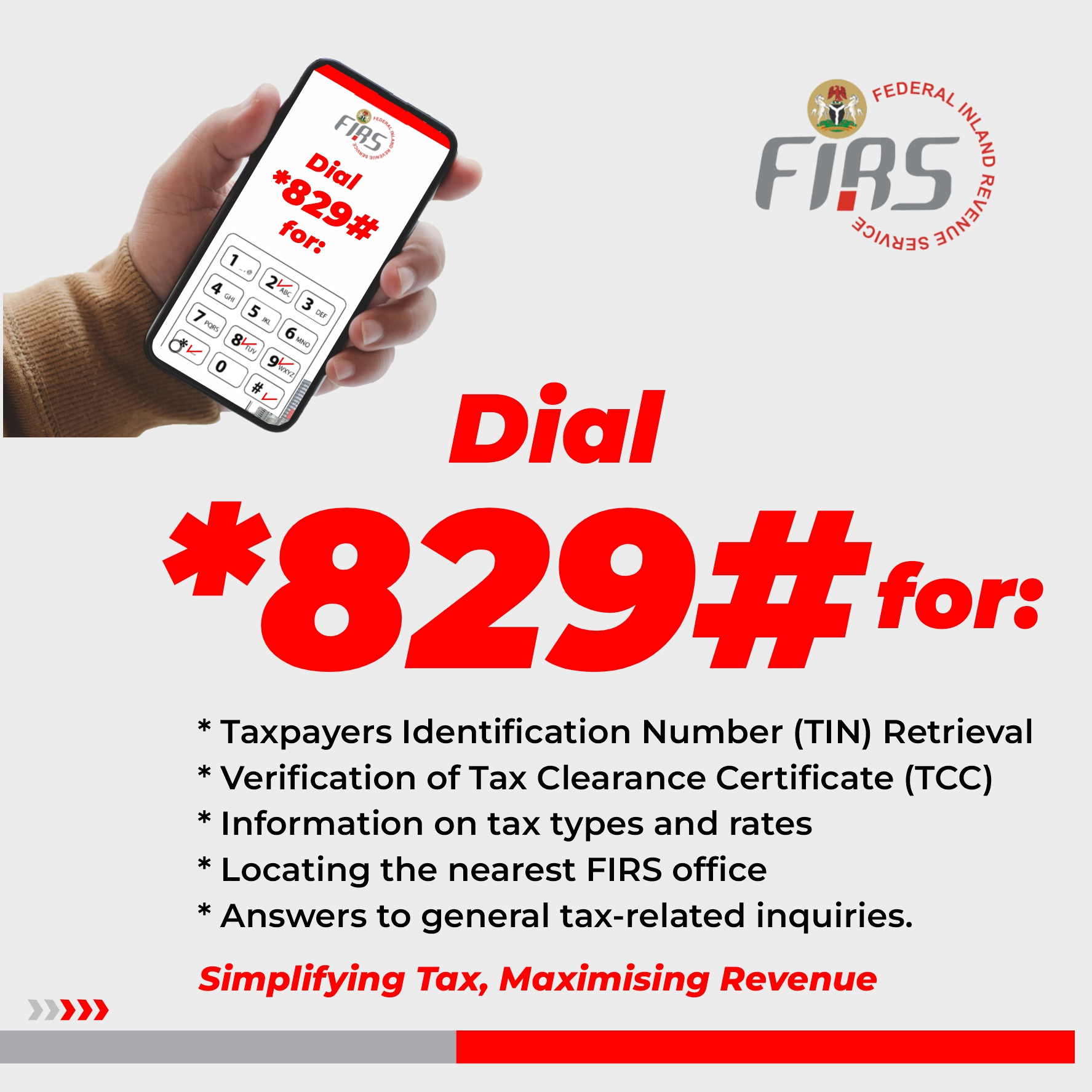News
INEC: FCT Area Council election slated for February 2026m

The Independent National Electoral Commission, INEC, has announced that the Federal Capital Territory, FCT, Area Council election will hold on Saturday, February 21, 2026.

INEC Chairman, Prof. Mahmood Yakubu, disclosed this during the first regular consultative meeting with political parties for 2025 held in Abuja on Wednesday, January 22.

He revealed that the election would involve voting across all designated polling units in the 68 constituencies to elect six Area Council Chairmen and 62 Councillors.
He said, “the last Area Council election in the FCT was held on 12 February 2022. By the effluxion of time, the tenure of the current Chairmen and Councillors ends next year. Consequently, the Commission has approved that the 2026
Area Council election in FCT will hold on Saturday 21st February 2026.
“Voting will take place in all the designated Polling Units across the 68 constituencies to elect the six Area Council Chairmen and 62 Councilors.
” In compliance with the mandatory legal requirements, the notice for the election will be published next month i.e. 26th February 2025. Party primaries will be held from 9th – 30th June 2025. The candidate nomination portal will open from 9.00am on 21st July 2025 to 6.00pm on 11th August 2025. The final list of candidates will be published on 22nd September 2025. Campaign in public by political parties will commence on 24th September 2025 and end at midnight of Thursday 19th February 2026.
“The detailed Timetable and Schedule of Activities for the election as well as the list of constituencies and type of elections in the FCT will be uploaded to our website before the end of this meeting. Hardcopies of the two documents have been included in your folders for this meeting. For your guidance, we are also including the hardcopies of the Regulation and Guidelines for Political Parties 2022 in your folders while the soft copy is already available from our website www.inecnigeria.org
“In due course, the Commission will come up with plans for other routine activities such as the resumption of nationwide Continuous Voter registration (CVR) and the conduct of outstanding bye-elections.
Over the last one and a half years since the inauguration of the current National and State Assemblies in June 2023, vacancies have occurred in 23 constituencies as a result of death of serving members or their voluntary resignation for executive positions at Federal, State and even Local Government levels as Ministers, Commissioners, Chairman of a Local Government and even board appointment.
“While the Commission has conducted nine bye-elections early last year, 14 more vacancies have occurred since then. They are unpredictable, unbudgeted and difficult to plan in advance. Worse, some bye-elections lead to more bye-elections. There were situations where a bye-election in one Senatorial District was won by a serving member of the House of Representatives from the same District thereby creating another vacancy.
In turn, a member of the State Assembly won the bye-election to the House of Representatives thereby creating a vacancy in the State Assembly. Consequently, one bye-election led to three bye-elections.pNot only are these bye-elections costly, they also divert the Commission’s attention from its other extensive electoral responsibilities.
Also Speaking, Yusuf Mamman Dantalle, the National Chairman of the Inter-Party Advisory Council (IPAC), delivered a speech emphasizing the importance of credible elections for Nigeria’s democracy.
In his address titled Credible Election is Imperative for Sustainable Democracy and Development – We Must Get it Right in the November 2025 Anambra State Governorship Election, and Plan Adequately for the 2027 General Election, Dantalle highlighted the progress of Nigeria’s democracy since 1999 and underscored the need for improved electoral processes.
He called for early preparations for the 2027 general election and urged INEC to activate its Election Project Plan (EPP) and other strategic frameworks to ensure successful elections.
“There is no doubt that the conduct of a successful election is a collective responsibility of stakeholders. It is the reason we must rebuild trust in the electoral process,” he said, expressing concern over the low voter turnout in previous elections.
Dantalle also urged political parties to adhere to their constitutions during candidate nominations and called for the judiciary to remain impartial in resolving political disputes.
He decried recent attempts to undermine the leadership of the National Rescue Movement (NRM) and urged INEC not to recognize any illegitimate actions taken in violation of party constitutions.
As part of IPAC’s efforts to commemorate Nigeria’s democratic journey, Dantalle announced the launch of a book, 100 Years of Political Parties Evolution in Nigeria (1923–2023), and a movie titled Unbroken: Two and Half Decades of Unbroken Democracy.
“These initiatives are aimed at motivating all lovers of democracy to persevere and nurture the tree of democracy to maturity,” he added.
Dantalle concluded by emphasizing the collective responsibility of all stakeholders in building a united, stable, and democratic nation.
The meeting set the tone for political activities in 2025 and beyond, highlighting INEC’s commitment to conducting free and fair elections and IPAC’s role in fostering political stability in Nigeria.























